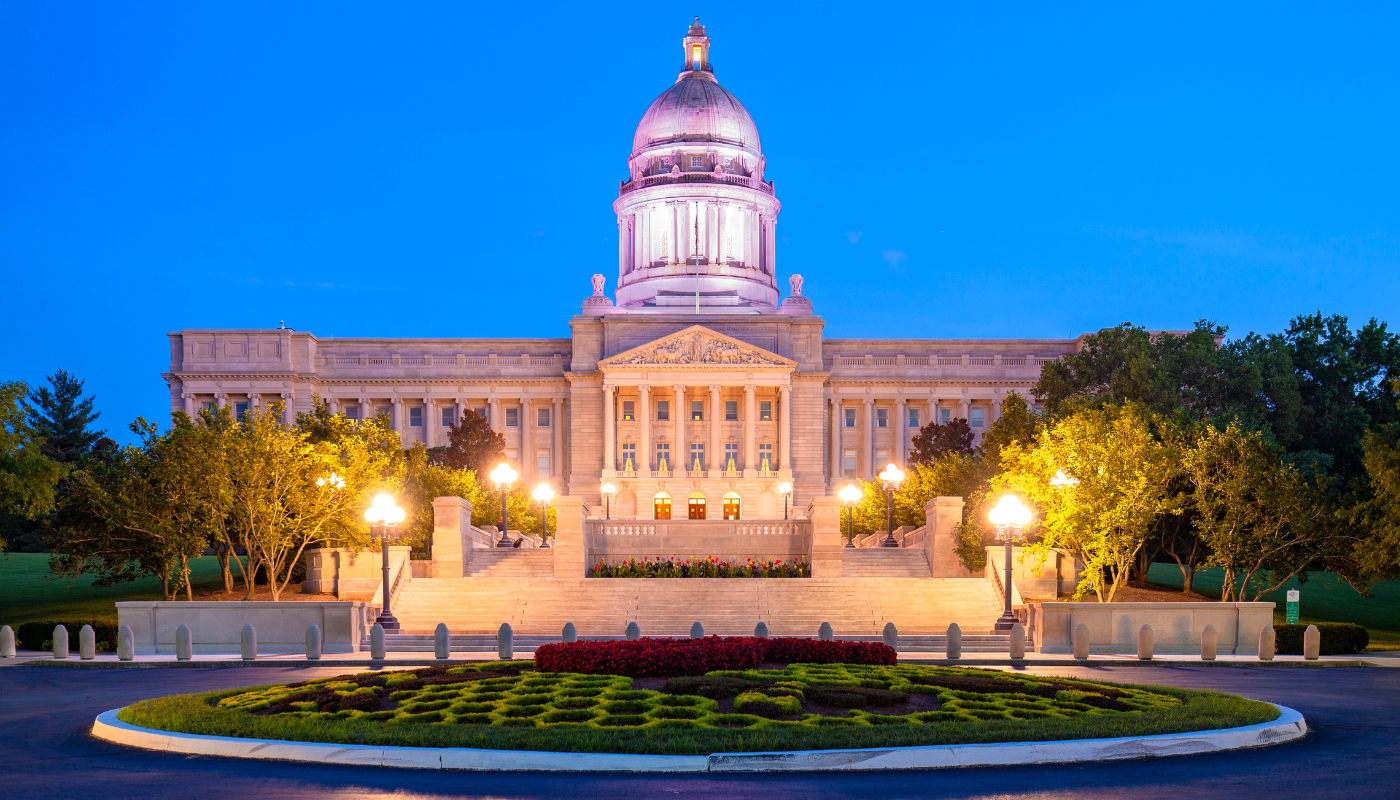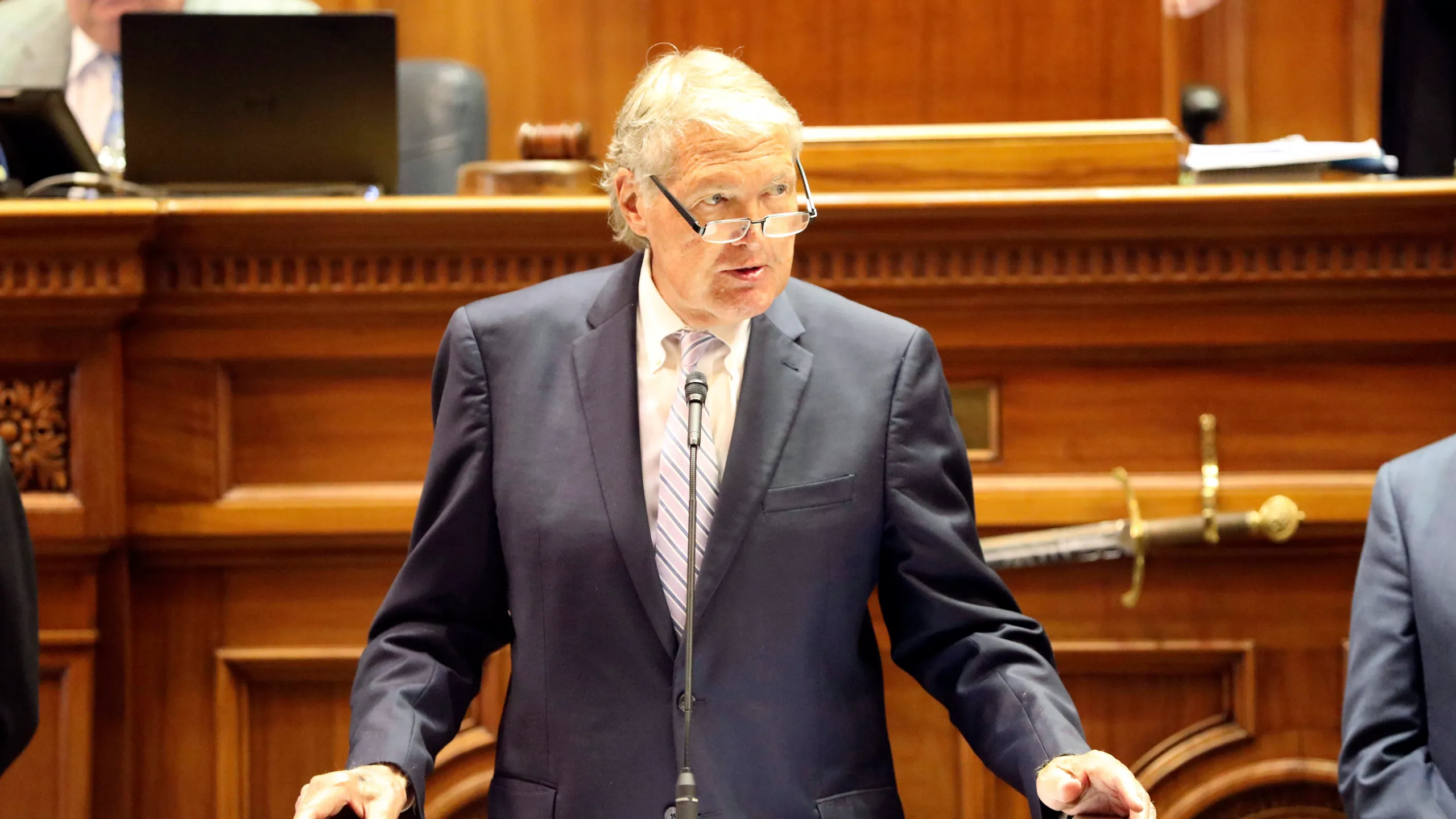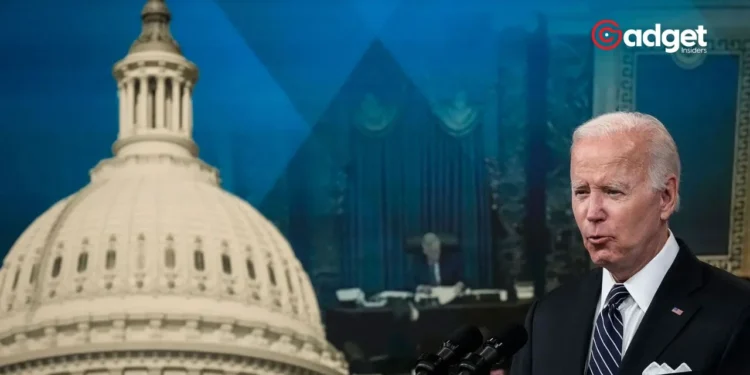In a bold fiscal move, South Carolina is on the brink of implementing a significant income tax reduction, potentially benefiting millions of its residents. Spearheaded by Republican Senate Finance Committee Chairman Harvey Peeler, the proposal suggests replacing a one-time property tax rebate with a more permanent statewide income tax cut. This initiative is part of a broader strategy to reduce the state’s top income tax rate gradually.

South Carolina Tax Plan Shift: Property Tax Rebate to Income Tax Cut
Originally, South Carolinians were poised to receive a $500 million property tax rebate, a plan funded by heightened sales tax revenues in the post-pandemic period. However, the new proposal redirects these funds toward cutting the income tax rate for most residents from 6.3 percent to 6.2 percent, with a long-term goal to lower it further from 7 percent to 6 percent over five years.
The South Carolina Senate started debating a budget Tuesday that accelerates a planned income tax cut instead of the House plan to use $500 million to give homeowners a one-time property tax rebate.https://t.co/azZdSiribp
— Justice is Served🟧 (@pleasesaveour) April 24, 2024
This shift in fiscal strategy is met with mixed reactions. While some critics argue that the funds should remain allocated to the originally intended property tax rebate, proponents of the tax cut see it as a more sustainable way to return value to the citizens of South Carolina.
Economic Implications and Expert Opinions
Alex Beene, a financial literacy instructor at the University of Tennessee at Martin, regards the budgetary change as a positive dilemma. “South Carolina senators have debated giving a one-time property tax rebate to homeowners or a permanent tax cut, and, rightfully, many are saying the tax cut is the way to go,” Beene explained to Newsweek. He suggests that although the property tax rebate offers a more immediate return, a lasting income tax cut provides a continual benefit to residents.

Kevin Thompson, founder and CEO of 9i Capital Group, also comments on the state’s financial health, noting, “The good news is that the state is flush with cash given that pandemic spending was such to give the state an influx in sales tax revenues providing a surplus.” This surplus, according to the new budget proposal, would also support infrastructure projects such as roads, bridges, and water and sewer system repairs.
The Broader Benefits of the Tax Reduction
The proposed tax cut could have far-reaching effects beyond mere fiscal savings for South Carolina’s residents. It could also serve as a significant draw for businesses and individuals considering relocating. “An income tax reduction would not just pay dividends to those currently living in South Carolina, but also to employers and employees looking to relocate to the state,” said Beene. In today’s economy, where every dollar counts, the reduction in state income tax could make South Carolina a more attractive destination economically.
Governor Henry McMaster has also shown support for accelerating the tax cut process if future revenues permit, aiming to allow taxpayers to retain more of their earnings. During his 2024 State of the State address, McMaster highlighted his enthusiasm for speeding up the income tax cut schedule, further emphasizing the administration’s commitment to fiscal conservatism and enhanced taxpayer relief.

Conclusion: Balancing Immediate Needs with Long-Term Benefits
As South Carolina navigates these proposed changes, the balance between immediate economic stimuli and long-term financial health remains a key consideration. The state’s approach to leveraging surplus funds reflects a strategic plan to stimulate economic growth while providing ongoing relief to taxpayers. This budget proposal not only addresses current economic conditions but also sets a foundation for future prosperity, making it a pivotal moment in South Carolina’s fiscal policy landscape.










